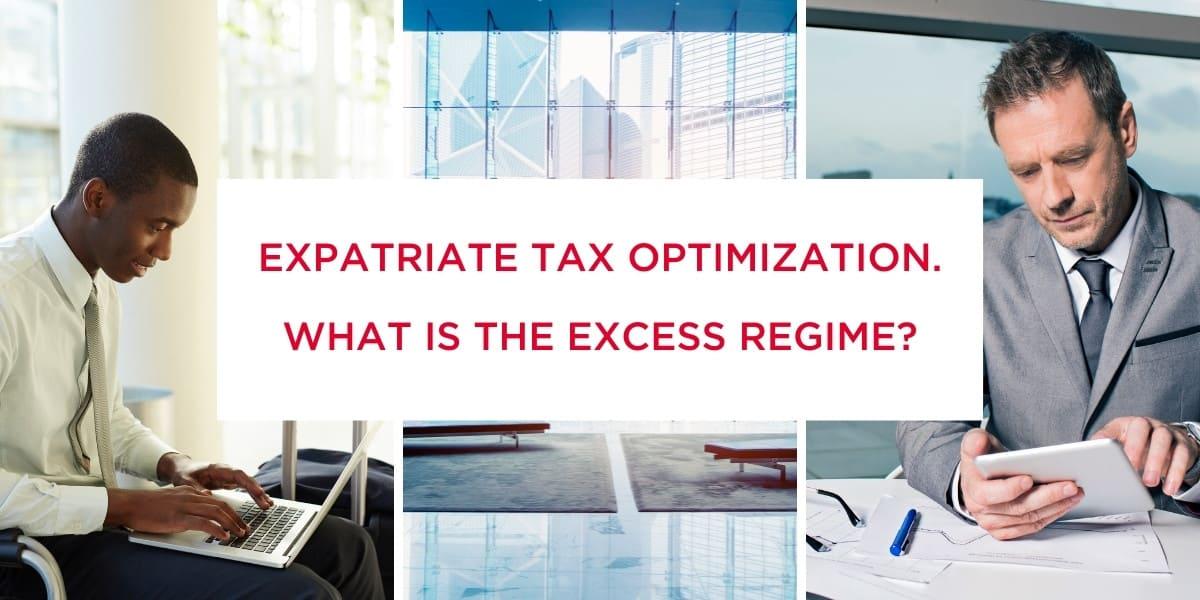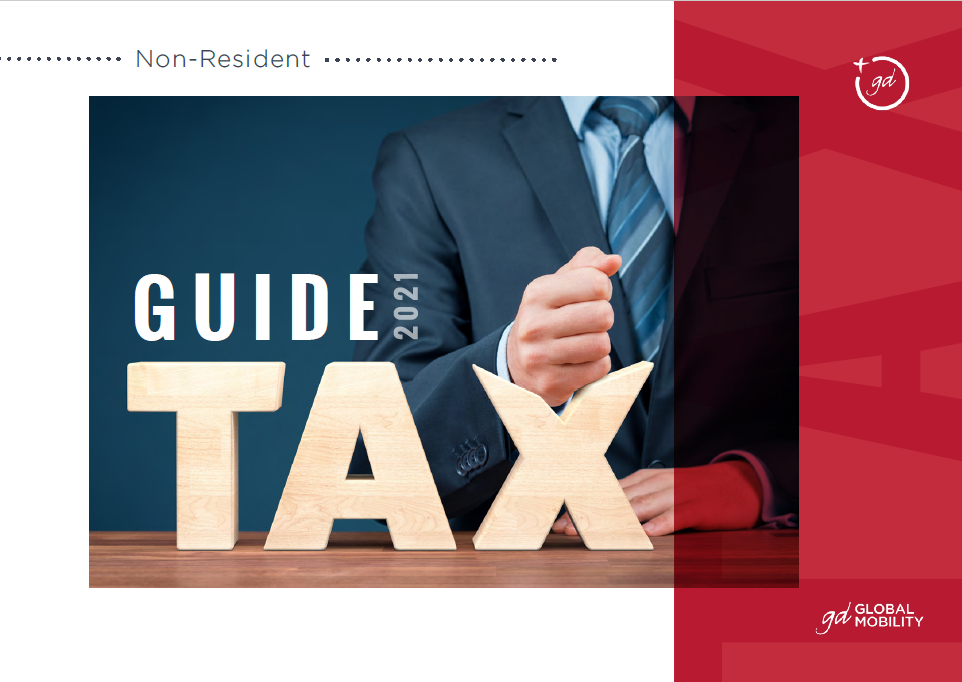
The Personal Income Tax Law provides for various tax incentives for workers who carry out their work outside of Spain. In this post we will specifically talk about the excess regime when posted abroad, but there are also other tax incentives such as the exemption for work abroad (Article 7P LIRPF. Hereinafter, “7P”)
What is the excess regime?
This is an exemption, and it applies to the excess over what the worker would normally earn if they had not been posted outside of Spain.
This regime does not have a quantitative limit when taxing the excesses received (as is the case with the 7P regime)
Specifically, the excess regime is regulated in Article 9A.3.b 4th section of the Personal Income Tax Regulation, which establishes that the following amounts will be considered exempt income from tax: “The excess received by employees of companies, posted abroad, over the total remuneration that they would have obtained for salaries, wages, seniority, extraordinary payments, including benefits, family assistance, or any other concept, by reason of position, employment, category, or profession in the event of being posted in Spain.”
Only that income that has been classified as earned income can have the exemption applied to it.
Requirements for benefitting from the excess regime
- That the employee maintains tax residence in Spain.
- There must be a specific posting abroad. There must be an intention to stay that involves a change of workplace. The worker must stay in this posting for at least a period of nine months. Special attention must be paid to this point, since it is often difficult to maintain Spanish tax residence, as a stay of more than nine months in the country of posting would probably imply, in principle, obtaining the status of tax resident in said country.
- It must be applied to the amounts that are an excess over the remuneration that the worker would receive in Spain.
The excess regime is incompatible with 7P
It is very important to bear in mind that this regime is incompatible with the exemption for work performed abroad, so you will have to choose between one regime and the other. It will be in those postings of more than nine months that it will be necessary to ask whether it is more advisable to apply the excess regime or 7P.
To choose the most advantageous regime, the tax benefits in each specific case need to be calculated and analyzed.
For example:
- In the case that you do not have an expatriation bonus, it might be more interesting in principle to choose 7P + international allowances.
- If you do have an expatriation bonus, it should be compared with 7P.
This regime has numerous peculiarities; for example, we could highlight that the Autonomous Council of Bizkaia determines that the option between excess and 7P is a tax option that cannot be modified once the voluntary period has ended.
GD Global Mobility can help you analyze the benefits that are most interesting both for the company and for the expatriate worker. If you wish to know more information about our service, you can visit this page: Tax advice in the taxation of Spanish residents abroad.




